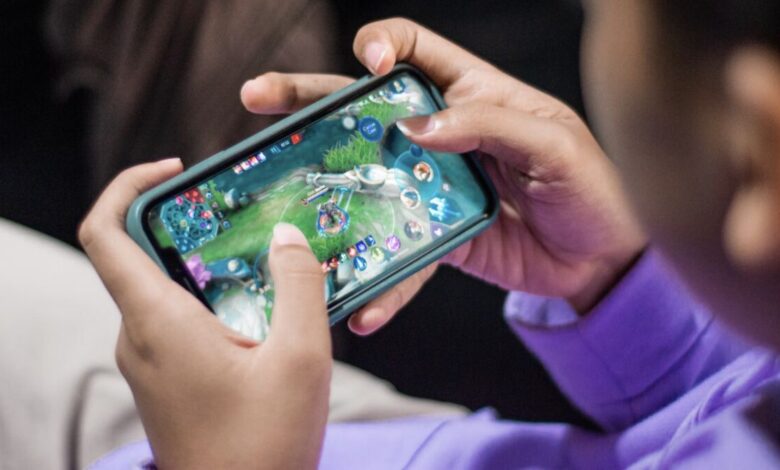
The world of mobile gaming has experienced significant changes with the introduction of non-fungible tokens (NFTs) and their incorporation into games. Google Play and the Apple App Store, both major players in the mobile app market, have taken different approaches when it comes to NFTs and crypto gaming. This article will explore the policies of these platforms, how they affect game developers, and the evolving landscape of NFTs in the mobile gaming industry.
Google Play aims to build user loyalty by creating a supportive environment for innovative concepts like play to earn (P2E) games and crypto-based gaming. By collaborating with pioneers in the Web3 gaming industry and understanding the challenges and opportunities faced by developers, Google demonstrates its commitment to the ever-evolving world of blockchain gaming.

Android game developers are required to inform players about the integration of NFTs in their games and ensure transparent and open communication regarding tokenized assets, as per Google’s guidelines. The guidelines specifically forbid the promotion of potential earnings from gaming or merchandise activities, as well as the inclusion of loot boxes or gambling elements in games.
As per Google’s guidelines, users who purchase NFTs must use them within the game to improve their gameplay or help them advance. However, it is strictly forbidden to use NFTs for gambling or staking with the aim of winning real-world money, including other NFTs.
Compared to Google Play, the Apple App Store has been known for its stricter approach when it comes to game development and apps in general. NFTs and crypto gaming is no different.
While developers are allowed to incorporate NFTs into games and apps for iOS, Apple still enforces its standard 30% commission on transactions involving NFTs. This commission system poses challenges for developers, as they have to factor in Apple’s fees when setting NFT prices, potentially leading to increased costs for users.
The divergence in strategy leads to developers and users having unique experiences when using the two platforms alongside integration of NFTs and crypto in the mobile gaming industry.
While Google Play embraces the potential of NFTs and blockchain gaming, Apple, in usual form, takes a more cautious approach, focusing on maintaining its commission structure and ensuring responsible implementation and safe environment for its iPhone users.